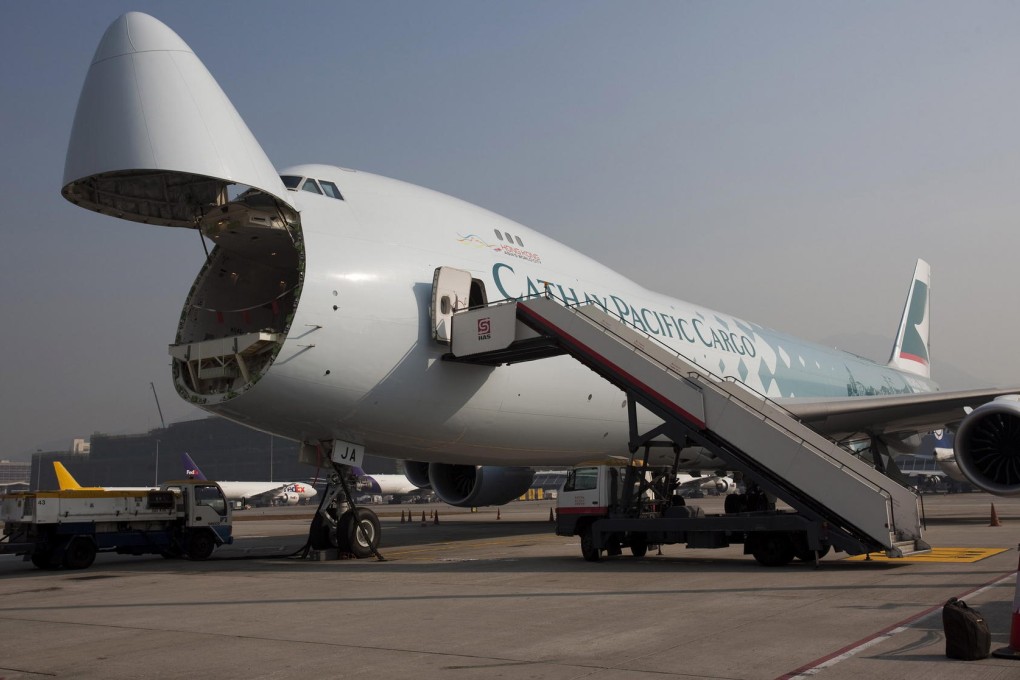Cargo revival hinges on US economy, says Cathay
Cathay Pacific, one of the world's largest cargo carriers, is hoping the Christmas season will start a little earlier this year.

Cathay Pacific, one of the world's largest cargo carriers, is hoping the Christmas season will start a little earlier this year.
The last quarter, traditionally a peak season for cargo, may signal the start of a real recovery for the sluggish global cargo market thanks to new hi-tech consumer product launches and recovery in the US economy, said Cathay's cargo director James Woodrow.
Speaking to the South China Morning Post in Zhengzhou, where Apple's new iPhone 6 is being manufactured and shipped out worldwide, Woodrow said: "Whenever these very successful companies launch a new model, if it is successful then obviously it can help increase airfreight. There is a good chance [the iPhone 6] will help improve not only the China market but also the Hong Kong market."
Mainland China is Cathay's largest cargo market after Hong Kong, while "almost everything" it ships from Hong Kong comes from the Pearl River Delta, Woodrow said. Contrary to industry talk about China's critical role, global cargo demand is still more dependent on the outlook of the world's largest economy, the United States, he said.
The more the US and global economy accelerates, the faster our load factor will grow
"I think critical to global cargo growth is growth in the US economy. The more the US and global economy accelerates, the faster our load factor will grow," Woodrow said.